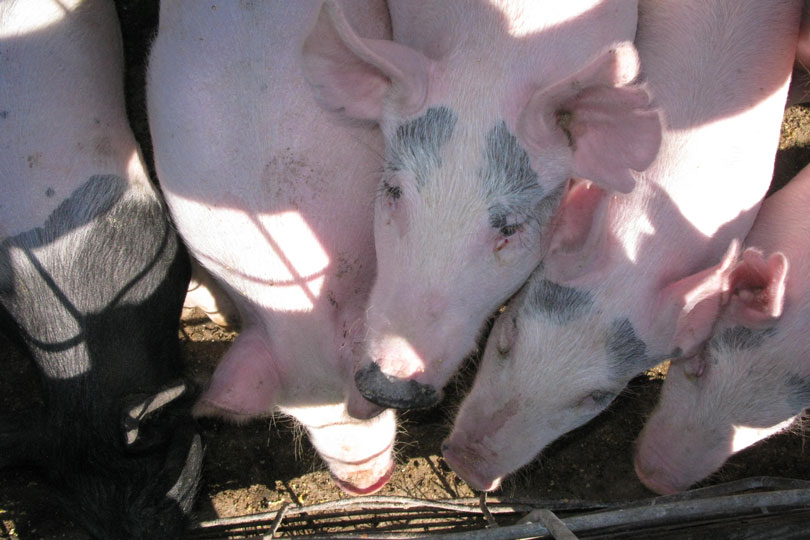By Jennifer Dorsett
Field Editor
The U.S. and South Korea last week reached an agreement in principle to update the Korea-U.S. Free Trade Agreement (KORUS), the trade deal that has linked the two economies for the past six years.
KORUS was initially signed by both countries in 2007 and implemented in 2012.
Agricultural groups were concerned the Trump administration’s proposed tariffs on steel would cause issues during the renegotiations, but South Korea was given a partial exemption on those tariffs.
In the renegotiations, the country agreed to limit steel exports to the U.S. and allow more imports of U.S.-made automobiles.
The updated terms increases the number of cars each U.S. automaker can export yearly to South Korea from 25,000 to 50,000. Also included in the renegotiations is a 25 percent U.S. tariff on South Korean pickup trucks for another 20 years, until 2041.
U.S. Secretary of Agriculture Sonny Perdue issued a statement applauding President Trump and his team for their work on the agreement.
“I applaud President Trump, Ambassador (Robert) Lighthizer and the U.S. trade team for partnering with the Republic of Korea to modernize KORUS and protect the strong agricultural components that were built into the pact. Korea has long been an important trading partner for U.S. agriculture and currently ranks as our sixth-highest value market,” Perdue said in his statement. “U.S. agricultural exports to the country have increased 95 percent over the past decade, and we look forward to continued growth.”
The U.S. is the largest supplier of beef to South Korea and the second-largest pork supplier. U.S. red meat exports to Korea were $1.7 billion last year alone, according to the U.S. Meat Export Federation.
South Korea is in the top five importers of U.S. corn, purchasing more than 200 million bushels last year.
Other top agricultural export categories from the U.S. to South Korea include fresh fruit and prepared foods.
“Texas Farm Bureau commends the administration for their work to give U.S. agriculture more trade opportunities by modernizing KORUS,” said TFB National Legislative Director Laramie Adams. “With Korea being one of our top trading partners, we are pleased to see this updated agreement will continue for America’s farming and ranching families.

